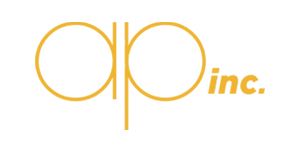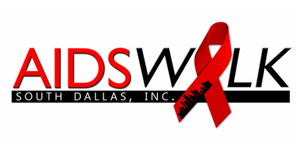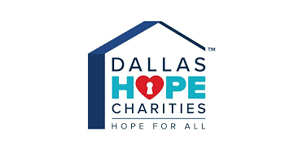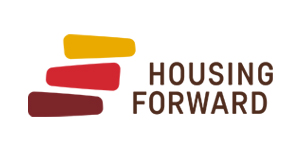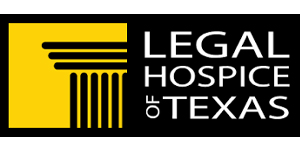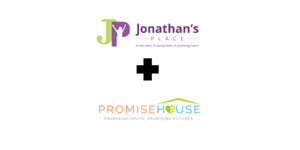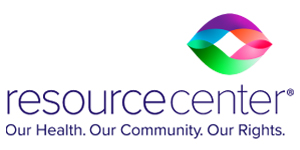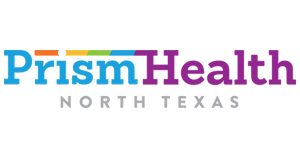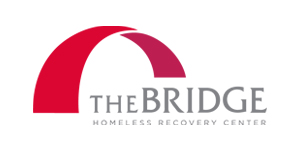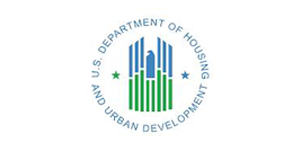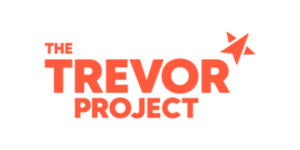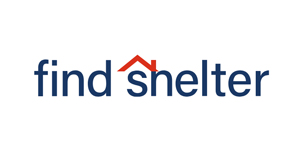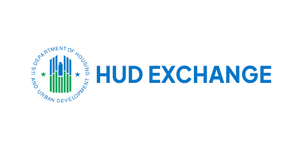LGBTQIA+
Housing
Dallas County Health and Human Services - 2377 N. Stemmons Freeway, Dallas, TX 75207
Telephone: 214-819-2000
Housing is an important social determinant of health. The LGBTQIA+ community experiences significantly higher rates of homelessness and those who are unhoused are more likely to endure discrimination and harassment that extend their homelessness. Housing instability can exacerbate challenges related to mental health and overall well-being, making this a complex and urgent issue.
 |  |  |
Find Help in Dallas County:
- Click here to link you to our website.
- Put in your zip code.
- Navigate to the top bar to find resources for: mental health, housing, food, support, transportation, work, financial assistance, and legal.
- You can set personal filters, program filters, and income eligibility.
Housing Resources
Below is a list of LGBTQIA+ friendly national and local housing resources that provide support and stability.
Abounding Prosperity
Abounding Prosperity provides healthcare and housing assistance with a special emphasis on Black LGBTQ+ community and their families. They provide services such as short-term rent, mortgage, and utility assistance, permanent housing placement, and tenant-based rental assistance for low-income individuals living with HIV and/or AIDS (see eligibility requirements for more details on their website)
AIDS Services of Dallas (ASD)
ASD provides housing and support services for individuals and families living with, impacted by, or at risk for HIV/AIDS. They have many housing programs and a housing-based case management that are designed to provide housing services to the community
AIDS Walk South Dallas
AIDS Walk South Dallas, empowers all persons living with and affected by HIV/AIDS through prevention, advocacy, education, peer support, linkage to care and emergency financial assistance. The emergency financial assistance program helps individuals with rental assistance, transportation, medication copays, utility assistance and other emergency needs.
Access and Information Network (AIN)
AIN provides comprehensive and supportive services for individuals living with HIV and AIDS. AIN has a team of graduate-level social workers, called Case Managers, that will meet directly with you to develop a plan and connect you to services like mental health counseling, legal support, healthcare, and housing.
Dallas Hope Center
Dallas Hope’s Transitional Living Center (TLC) is dual functioning: as stabilization and then to transitional living. As youth are stabilized out of their traumatic situation, they begin working to achieve goals they are proud to accomplish.
- Email: hope@dallashopecharities.org
Housing Forward
Housing Forward is an organization that serves as a collective voice for homelessness in Dallas and Collin Counties. Housing Forward has the expertise, partnerships, and resources to lead a system-wide, data-driven strategy to solve homelessness in our community.
Legal Hospice of Texas
Legal Hospice of Texas works to build a community in which people regardless of health or economic status can have access to justice. They provide legal counsel, representation, and advocacy at no cost.
Some of their services include: Estate planning, insurance, employment, public benefits, and housing (HIV discrimination and eviction)
LGBT Group Home by Promise House
Promise House offers a transitional living program, within that program they offer a specialized group home to serve LGBT youth, ages 18-21 years old.
Oak Lawn Place
Oak Lawn Place is a beautiful 84-unit, LGBTQIA+ affirming, residential campus that provides affordable housing and a welcoming community for adults 55 and older. For more information on senior housing please call (214) 272-9528.
Prism Health North Texas
Prism Health North Texas is committed to providing healthcare for all North Texans in a non-judgmental and affirming environment. The nonmedical case management program helps people living with HIV to link to and stay in medical care. The non-medical case manager can help provide access to housing, food pantry, transportation, IDs and other important documents, dental care and oral health, vision services, substance use treatment, insurance and financial assistance.
- Locations: https://www.phntx.org/locations
The Bridge
The Bridge is a Homeless Recovery Center for individuals without a home in Dallas County. They are open twenty-four hours per day, seven days a week, and is the only shelter in Dallas providing day shelter services to all adults experiencing homelessness.
Department of Housing and Urban Development (HUD)
Department of Housing and Urban Development is Federal Agency responsible for national policy and programs that address America's housing needs and enforce fair housing laws.
The Trevor Project
The Trevor Project is a suicide prevention and crisis intervention nonprofit organization for LGBTQ+ young people. They provide resources and organizations for supporting LGBTQ+ young people experiencing homelessness or housing instability.
How to Find a Shelter Near You
Find a Shelter
The Find Shelter tool provides information about housing, shelters, health care, and clothing resources in communities across the country.
More Housing Assistance/Resources
HUD Exchange
Find additional housing assistance or resources such as finding an affordable rental unit, tenants rights and resources, info for homeowners, and fair housing.
Tenant's Housing Rights
It is important to be aware of your rights and report any discrimination based on sexual orientation or gender identity to your city’s Fair Housing Division and the Department of Housing and Urban Development (HUD). Below is a list of laws and policies designed to protect individuals from housing discrimination and how to report a housing discrimination event.

Exceptions: What Housing Is Not Covered Under the Fair Housing Act?
The Fair Housing Act covers most housing. However, it is important to note that there are some exceptions to what housing is covered.
The act exempts:
- owner-occupied buildings with no more than four units
- single-family houses sold or rented by the owner without the use of an agent
- housing operated by religious organizations and private clubs that limit occupancy to members
Fair Housing Act Expanded
- It is prohibited under the Fair Housing Act for any landlord or housing provider to discriminate against LGBTQ persons because of their actual or perceived sexual orientation or gender identity or any other reason that constitutes sex-based discrimination
- It is unlawful for a landlord or housing provider of a covered dwelling to deny housing because of actual or perceived HIV/AIDS status under the Fair Housing Act, Section 504 of the Rehabilitation Act, and the Americans with Disabilities Act
- It is prohibited for a lender to deny an HUD-insured mortgage to any qualified applicant based on their actual or perceived sexual orientation, gender identity, or marital status
- Under the Equal Access Rule, HUD-funded homeless providers must place clients in a shelter or facility that corresponds to the gender with which the person identifies, taking health and safety concerns into consideration. Providers must also ensure that their policies do not isolate, or segregate clients based upon gender identity
Cities have local ordinances to protect residents’ housing rights and prevent discrimination. However, if your housing falls under an exception to the Fair Housing Act, these local ordinances may not apply. Below is a list of local ordinances and the exceptions to the Fair Housing Act. Click on your city’s local ordinance to see what is and is not protected.
- City of Dallas: Fair Housing Division City of Dallas Ordinance (dallascityhall.com)
- City of Garland: Office of Fair Housing and Human Rights Garland
- City of Mesquite: Ordinance 2657
Exceptions: What Housing is Not Protected Under Local Ordinances?
The Fair Housing Act covers most housing, but there are some exceptions. If you live in any of the housing types listed below, the protections provided by local ordinances do not apply.
Exceptions include:
- owner-occupied buildings with no more than four units
- single-family houses sold or rented by the owner without the use of an agent
- housing operated by religious organizations and private clubs that limit occupancy to members
- A same-sex couple asks a realtor to see rental units throughout the city but is only shown rental units in a part of the city known for having many LGBTQIA+ residents
- The leasing manager at a 55+ community rejected a male tenant’s request to add his same-sex partner to his lease stating, in writing, that the community only accepts married couples in unions between “one man and one woman”
- A building manager refuses to authorize repairs to a tenant’s unit after observing the tenant’s teenage daughter holding hands with her girlfriend
Report to Cities within Dallas County
Some cities within Dallas County have a fair housing division that allows residents to report housing discrimination directly. In most cases, housing discrimination cases must be filed as soon as possible with some deadlines within a year of occurrence. Click on the city name to view their individual report resources.
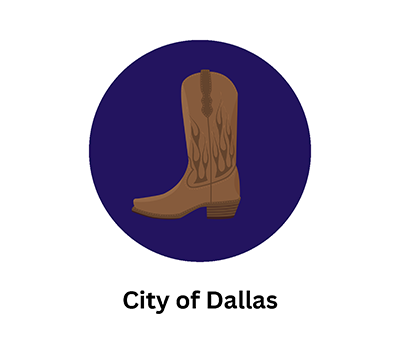 | 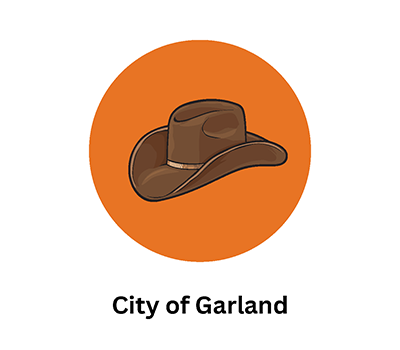 Call (972) 205-3300 or visit our office at:
Bilingual services are available in Spanish and English. Vietnamese bilingual services are by appointment only. | 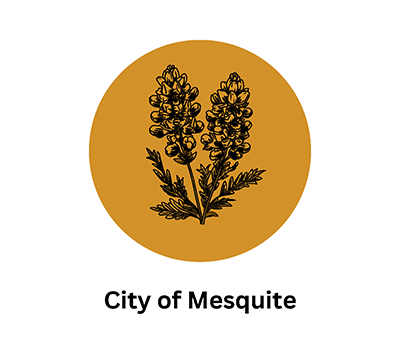 There are four ways to file the complaint form:
|
Report to the State
Texas Workforce Commission (TWC)
The Texas Workforce Commission the entity responsible for enforcing the Fair Housing Act in the State of Texas. You have one year after an alleged violation to file a complaint, but you should file it as soon as possible. Click on the name to view TWC's report resources.
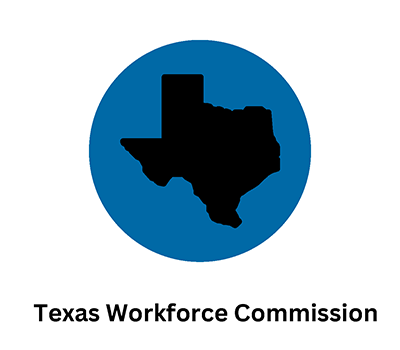 Complaints can be filed by email, fax, hand delivery, online, or mail or can be filed electronically.
|
Report to a Federal Agency
Department of Housing and Urban Development (HUD)
If you believe your rights may have been violated, HUD encourages you to report housing discrimination. Since there are time limits on when an allegation can be filed with HUD after an alleged violation, you should report housing discrimination as soon as possible.
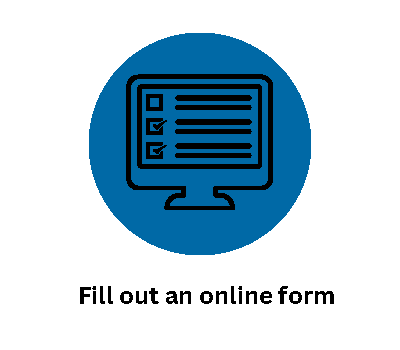 | 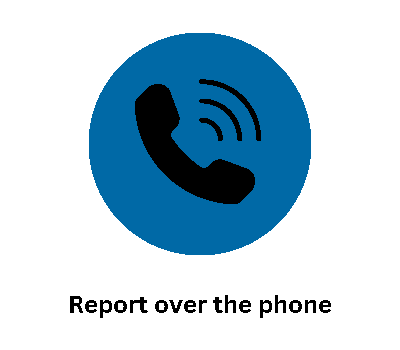 |  |
Online Form: HUD report discrimination online.
- Report Housing Discrimination | HUD.gov / U.S. Department of Housing and Urban Development (HUD)
- Forms are available in English, Spanish, Vietnamese, Korean, Russian, Khmer, and Somali.
Phone: Report any suspected incidents of housing discrimination over the phone to HUD.
Mail: Forms can also be mailed to your regional FHEO office.
- Report Housing Discrimination | HUD.gov / U.S. Department of Housing and Urban Development (HUD)
- Forms are available in English Spanish, Arabic, Cambodian, Chinese, Korean, Russian, or Vietnamese.
Additional Information on Tenant's Housing Rights
- Housing Discrimination under the Fair Housing Act:
- Examples of Housing Discrimination:
- Related Laws to the Fair Housing Act:
- Housing Choice Voucher Complaint:
QUICK LINKS
LOCATIONS
EMPLOYEES
-
You must be on the network to see these links.


